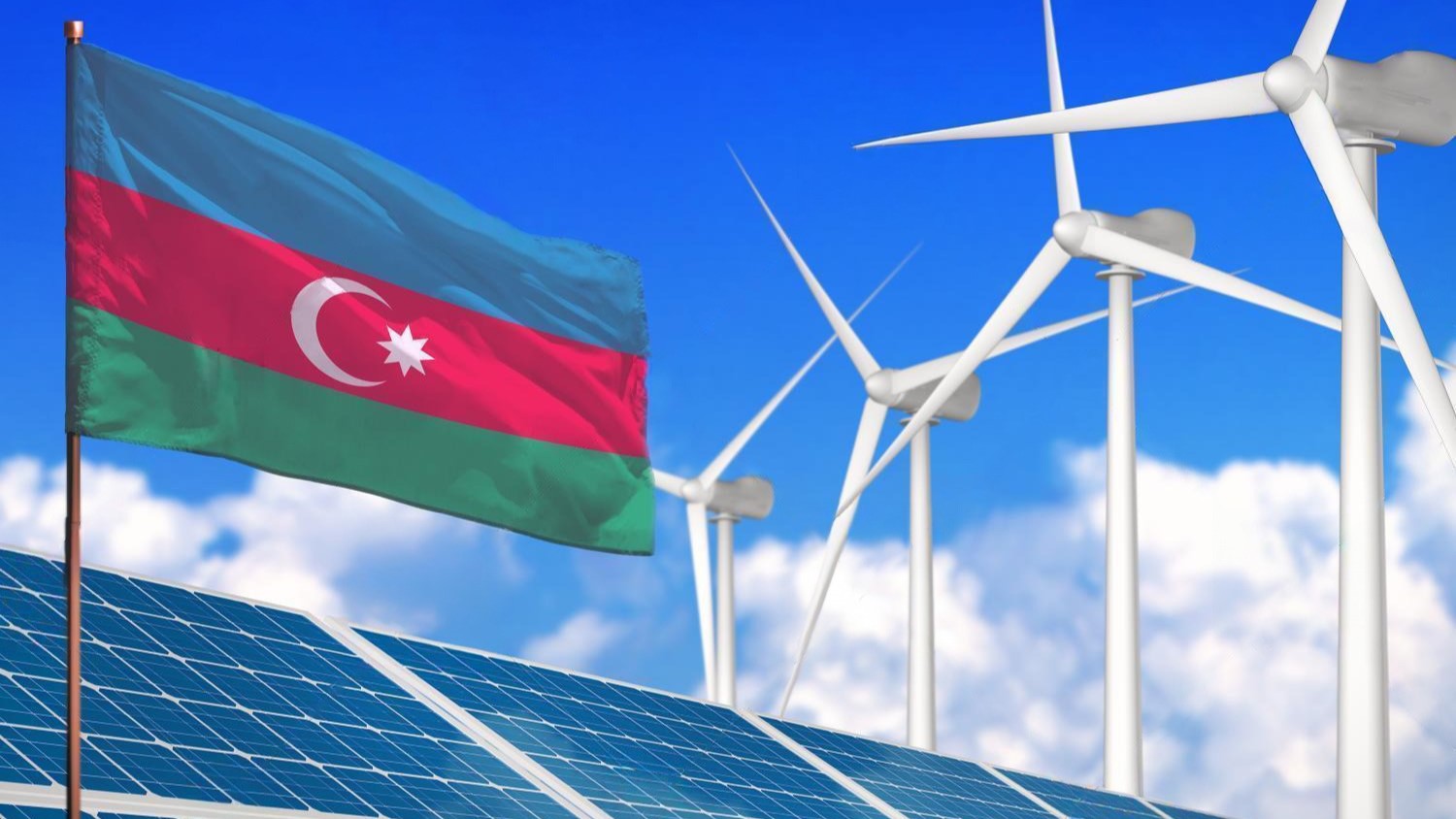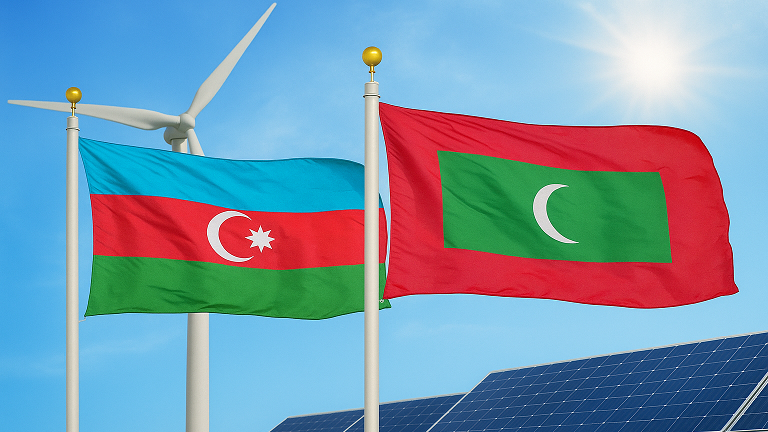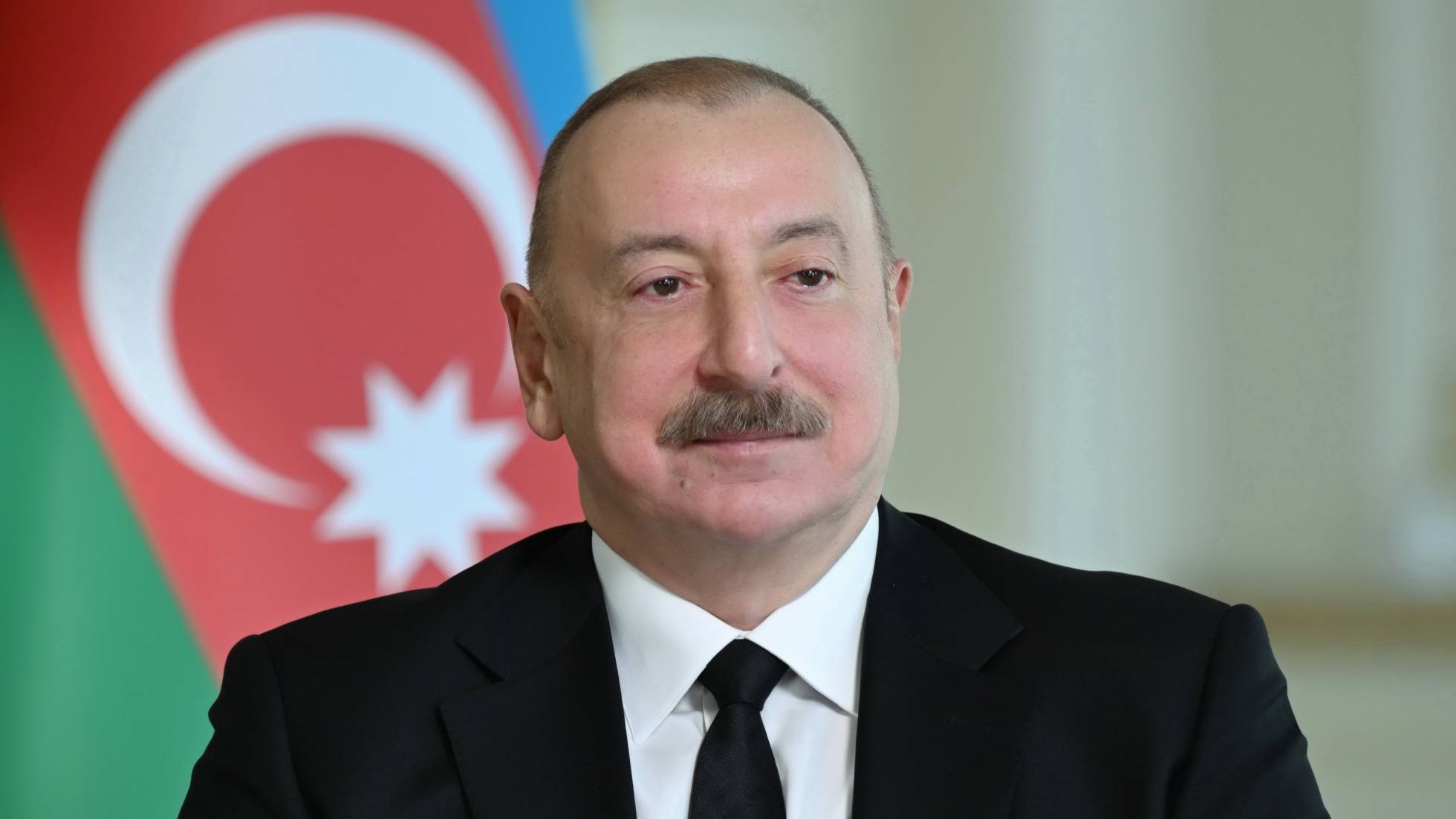Germany can make a significant contribution to the development of an innovation center for renewable energy in Azerbaijan, said the executive director of the German-Azerbaijani Chamber of Commerce, Nargis Wieck, Report informs.
"The German economy in Azerbaijan enjoys great respect and recognition, and we can play an important role in the country's development - especially in creating an innovation hub for renewable energy and expanding infrastructure along the Middle Corridor. Our contribution is not only technology, but primarily the transfer of know-how, ensuring long-term and sustainable growth," she noted.
According to Azerbaijan's plans, by 2027, eight industrial solar and wind power plants with a total capacity of about 2 GW will be built in the country. The total investment in the projects is estimated at $2.8 billion and will be financed through foreign and local investments. Implementation of these plans will allow for the annual generation of 5.3 billion kWh of green energy, increase the share of renewable energy in the power system to 32.6%, save 1.2 billion cubic meters of gas per year, and reduce greenhouse gas emissions by 2.5 million tons.
By 2030, Azerbaijan intends to achieve 7 GW of installed renewable energy capacity, of which 5 GW is planned for export. The Middle Corridor, connecting China, Kazakhstan, the Caspian Sea, Azerbaijan, Georgia, Türkiye, and Europe, plays an important role in the development of regional logistics.
In 2023, Azerbaijan, Georgia, and Kazakhstan signed an agreement to establish a joint railway company, Middle Corridor Multimodal Ltd., to improve the efficiency of transit transportation.
The volume of cargo transportation along the Trans-Caspian International Transport Route (TITR) in 2024 increased by 62%, reaching 4.5 million tons. In 2025, growth is projected to reach 5.2 million tons, of which 4.2 million tons will pass through TITR member countries. Of this volume, 2.5 million tons will be dry cargo (96,000 TEU), and 1.7 million tons will be oil.
It is expected that by 2027, the route's capacity will reach 10 million tons, which will significantly increase its strategic importance for Eurasian logistics.








